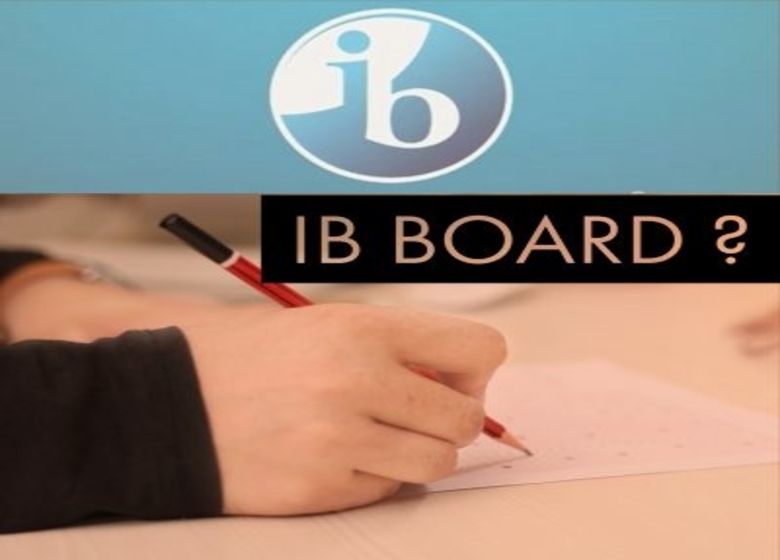There is no limitation to the choice of boards that parents have today. The growing world and growing choices give a plenty of variations to choose from.
The IB is the abbreviation of International Baccalaureate.
It is an international education foundation which is headquartered in Geneva, Switzerland. The foundation was founded in the year 1968. Despite having its headquarters in Switzerland, the IB board is an international organisation which is not associated with any particular country and is free of all national political educational agendas.
It is basically an internationally-recognized school system which is made up of four educational programmes.
They are:
- IB DIPLOMA PROGRAMME (for students aged 16 – 19)
- IB CAREER-RELATED PROGRAMME (for students aged 16 – 19)
- IB MIDDLE YEARS PROGRAMME (for students aged 11 – 16)
- IB PRIMARY YEARS PROGRAMME (for students aged 3 – 12)
How is IB board different from other boards (CBSE, ICSE etc) and is it difficult?
The IB programme is actually more practical and application-based compared to other boards. It has a broader spectrum of subjects that leads to an overall development of the student. The focus of the IB pedagogy is more on ‘how to learn’ rather than ‘what to learn’ unlike other boards. The examinations here test students’ knowledge. They don’t focus on testing one’s memory or speed. There are no examinations held till the Middle Years Programme (Class 10). There is also the freedom of choosing one’s own books as the IB programme doesn’t have any prescribed textbooks.
THE PURPOSE – To produce global citizens.
Although, there can be a few inclusions of the local curriculum. The languages, for example Hindi, can be offered as a second language in the IB diploma programme. There is hence, no worries for the child to not have knowledge of the local language.
If we talk in comparison, the curriculum of the IB board is more challenging than any other educational boards like CBSE, ICSE. The focus here is always on the quality of the work done by the students. There is no focus on the amount of work done because it carries no importance in the actual growth of a student.
The learner’s profile
As the IB’s mission in action, the learner profile concisely describes the aspirations of a global community that shares the values underlying the IB’s educational philosophy. The learner profile is the basis for all four programmes. The IB learner profile describes the attributes and outcomes of education for international-mindedness.
IB learners strive to be:
- Thinkers
- Communicators
- Principled
- Reflective
- Open minded
- Balanced
- Risk-takers
- Inquirers
- Caring
- Knowledgeable
(Source: Wikipedia)
Are the courses offered independently to students after their schooling through a different board?
The courses offered in IB board are in a continuous sequence. But it is no hard and fast rule to follow such. These courses – PYP, MYP and DP can be offered independently too.
For example, a CBSE student who wants to join the IB Diploma Programme for 10+2 level qualifications instead of the Class 12 CBSE, ICSE or State Board exams, he/she may do so.
Recognition of the IB board
The scrupulous and high standards of the IB board ensures firmly that every college and universities present worldwide would recognize the IB diploma as one of the superior academic programmes.
PROS of IB board
- The Curriculum is based on the application and experimentation.
- Has earned universal reputation for rigorous assessment which gives students the access to top colleges and universities in India and the world.
Therefore, IB is becoming the programme of choice for most Indian students who are preparing to pursue higher education abroad.
- Some universities even offer scholarships to the students who are IB diploma holders.
- It is recognized by UNESCO, Council of Europe and Organisation Internationale de la Francophonie (OIF)
CONS of IB board
- The fees could be higher than you are used to with other educational boards.
- It is found only in metropolitan cities or the Tier – 1 cities of India.
- The books or reference books are not easily available.
As per the reports of the year 2016, there are around 4,460 schools that teach IB programmes. There are at least 128 such schools in India.













